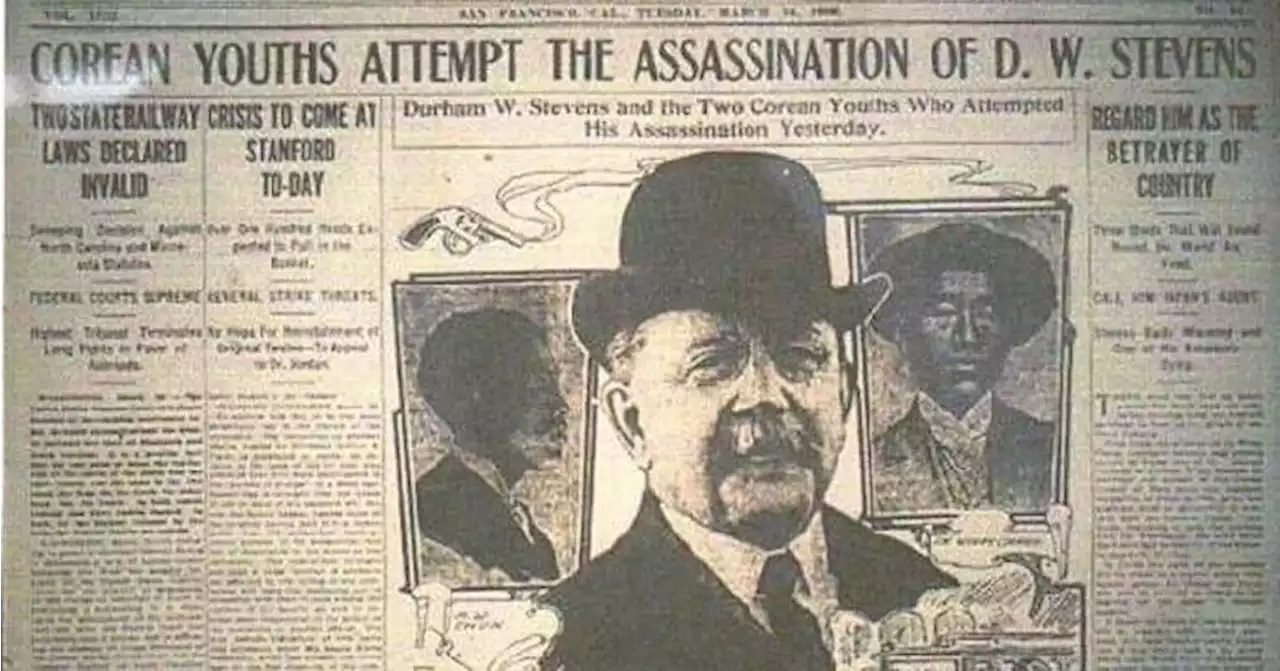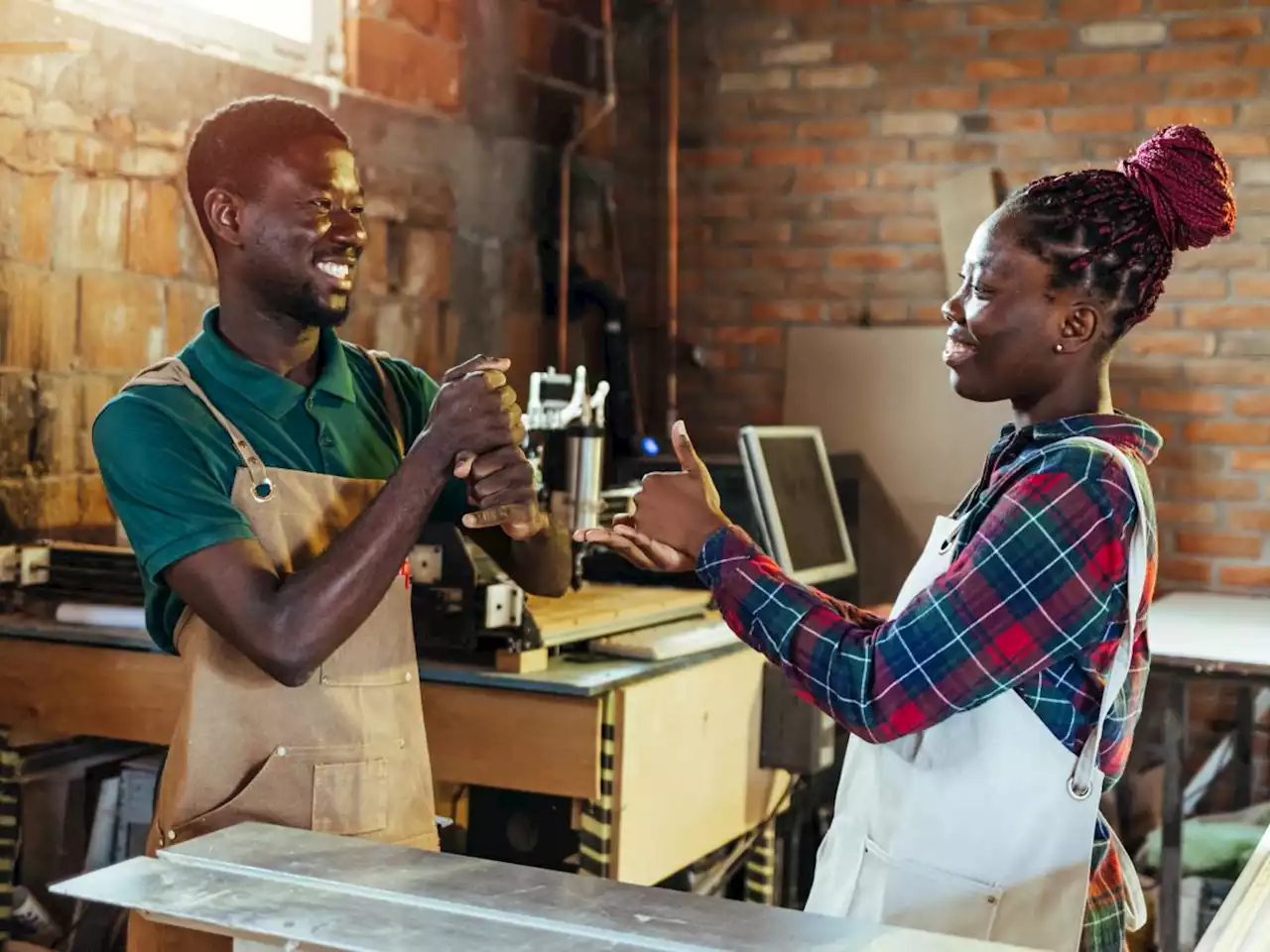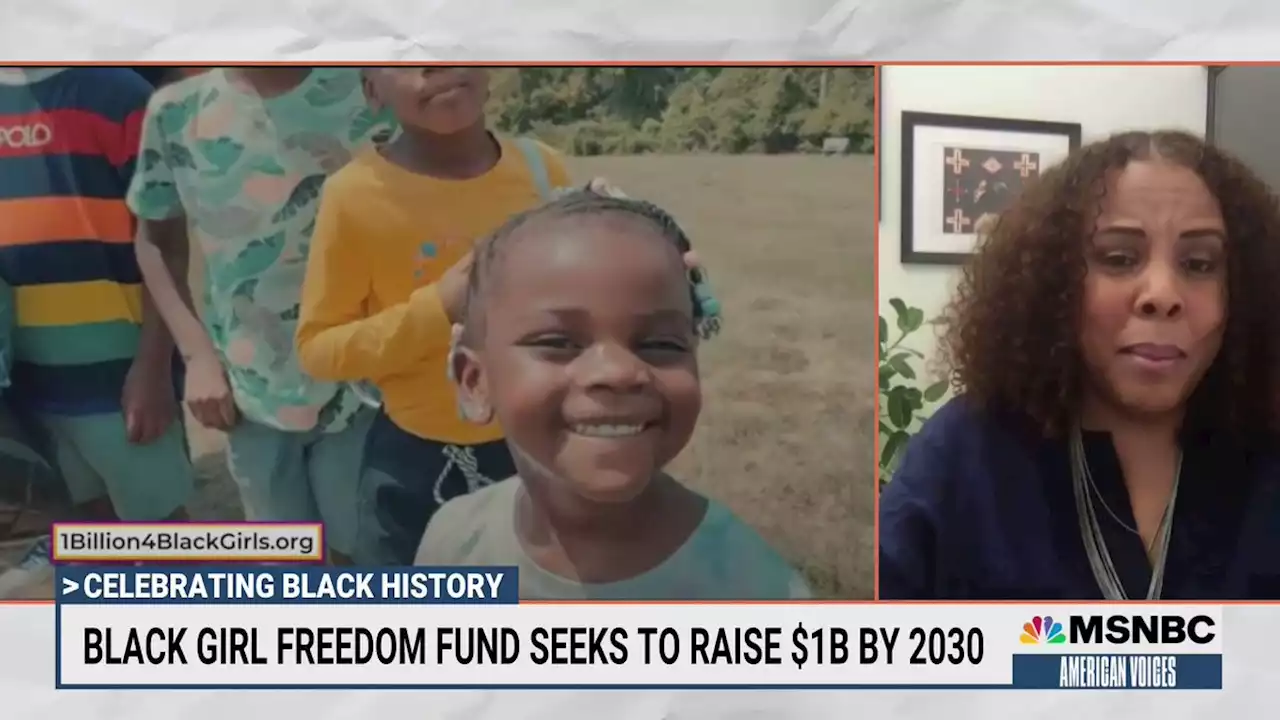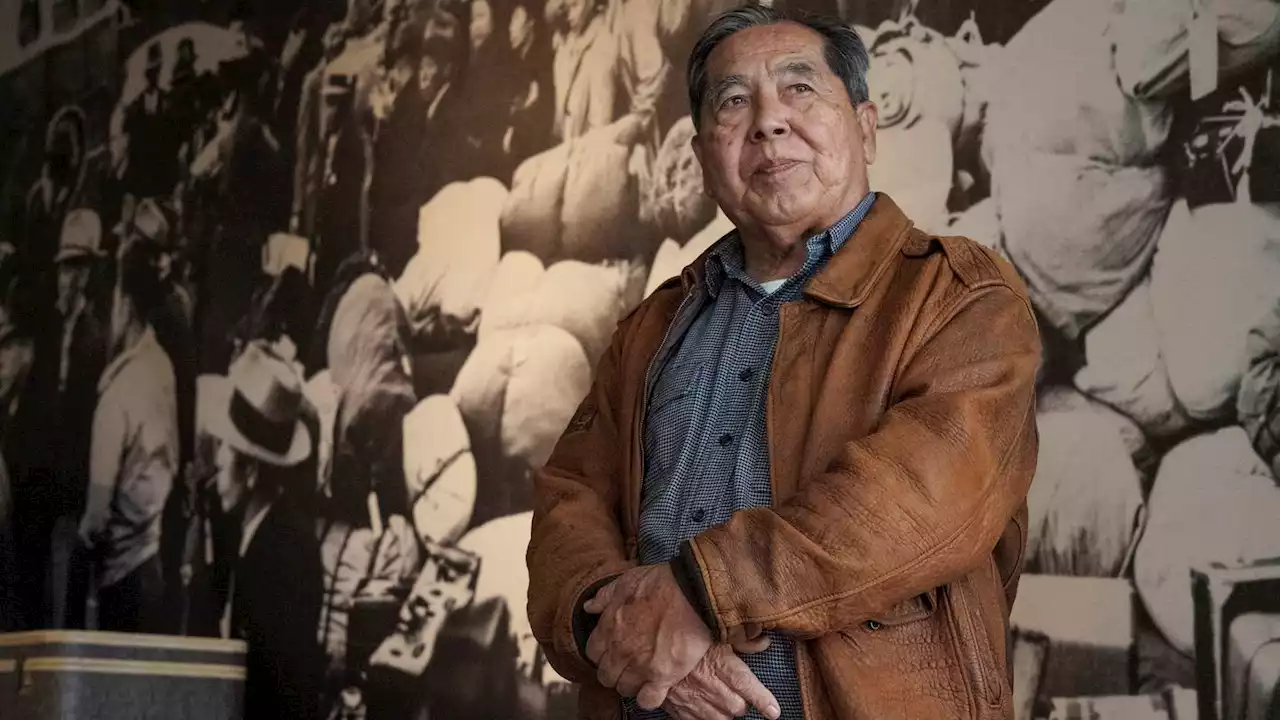Japanese American activists in their 70s and 80s are fighting for Black reparations as more U.S. cities take up atonement for slavery and discrimination
, and San Francisco, where an advisory committee issued a draft recommendation last year proposing a lump-sum payment of $5 million apiece for eligible individuals.
She said that starting conversations in her community is “undoing a lot of ideas that people have” about American history and the case for reparations, said Masaoka, 74. Some advocates said that the idea of reparations for the World War II incarceration camps was once considered outlandish. But many young, third-generation Japanese Americans were inspired to mobilize from civil rights and ethnic pride movements, including the Black Panther Party and the Brown Berets, who promoted Chicano rights.
Many young Japanese Americans went from frustration with their grandparents and parents for not fighting back to understanding how vulnerable they were, said Ron Wakabayashi, who was then national director of the Japanese American Citizens League. The average age of second-generation Japanese Americans who were incarcerated in the camps was only 18, he said.
United States Latest News, United States Headlines
Similar News:You can also read news stories similar to this one that we have collected from other news sources.
 Black History is American History: Spotlight on Flushing's 'Black Dublin'In a bustling corner of Queens, history that was once paved over is being uncovered. Local activists and historians are shedding new light on a 19th century community. ElleMcLogan has more.
Black History is American History: Spotlight on Flushing's 'Black Dublin'In a bustling corner of Queens, history that was once paved over is being uncovered. Local activists and historians are shedding new light on a 19th century community. ElleMcLogan has more.
Read more »
 ‘I decided to kill him and kill myself’: When imperialist politics lead to a murder in SFA stolen country and a vengeful murder — right in front of the Ferry Building. Imperialist politics of the early 1900s played out in this dramatic San Francisco scene.
‘I decided to kill him and kill myself’: When imperialist politics lead to a murder in SFA stolen country and a vengeful murder — right in front of the Ferry Building. Imperialist politics of the early 1900s played out in this dramatic San Francisco scene.
Read more »
 How segregated schools led Black Deaf students to develop their own form of American Sign LanguageKnown as both Black Sign Variation and Black American Sign Language, this dialect is noted for its different vocabulary, which often borrows from African American Vernacular English (AVE), and for relying more on double-handed gestures. Here's more.
How segregated schools led Black Deaf students to develop their own form of American Sign LanguageKnown as both Black Sign Variation and Black American Sign Language, this dialect is noted for its different vocabulary, which often borrows from African American Vernacular English (AVE), and for relying more on double-handed gestures. Here's more.
Read more »
 Black Girl Freedom Week: It’s time we invest in Black girlsThe Black Girl Freedom Fund acknowledges that Black girls are at the forefront of social justice movements “despite having to navigate intersecting systems of oppression, under-investment and an erasure of their experiences and contributions.” Black women and girls are also at the forefront of driving the economy forward, as the fastest growing demographic of entrepreneurs in the U.S. according to a study conducted by JP Morgan. President & CEO of Grantmakers for Girls of Color Dr. Monique W. Couvson and founding President and CEO for Girls for Gender Equity Joanne Smith joined American Voices to discuss.
Black Girl Freedom Week: It’s time we invest in Black girlsThe Black Girl Freedom Fund acknowledges that Black girls are at the forefront of social justice movements “despite having to navigate intersecting systems of oppression, under-investment and an erasure of their experiences and contributions.” Black women and girls are also at the forefront of driving the economy forward, as the fastest growing demographic of entrepreneurs in the U.S. according to a study conducted by JP Morgan. President & CEO of Grantmakers for Girls of Color Dr. Monique W. Couvson and founding President and CEO for Girls for Gender Equity Joanne Smith joined American Voices to discuss.
Read more »
